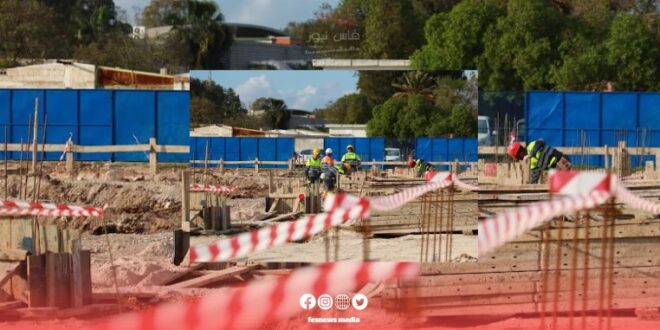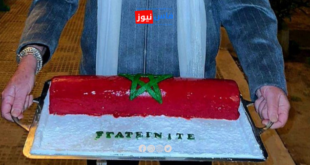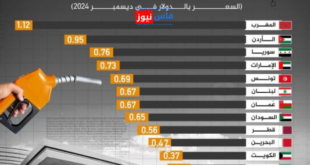The Moroccan Interior Ministry is preparing to circulate “blacklists” of construction companies among governors and local authorities, in an effort to avoid irregularities that could affect the progress of future construction projects in cities and provinces across the kingdom, especially those related to infrastructure in preparation for hosting the 2025 African Cup of Nations and the 2030 World Cup finals.
The ministry will informally provide territorial officials with the names of companies included in these lists, which were compiled based on reports prepared by the General Inspectorate of Territorial Administration concerning stalled projects in several cities and provinces.
The reports revealed the direct involvement of certain companies and contractors in freezing and halting construction sites due to their failure to meet contractual obligations, as well as the abandonment of some companies mid-project, and others entering into liquidation and judicial settlement procedures.
The Inspectorate drew on detailed information from reports by the National Commission for Public Procurement, as well as minutes from financial controllers at public institutions, contractors, and local administrations, to identify the reasons behind these construction companies’ inability to fulfill their contractual commitments.
The investigation’s findings highlighted poor financial management, rising raw material prices, and deficiencies in internal monitoring and auditing as factors behind the suspension of work on major construction sites.
The move aims to adopt a preventive policy based on risk management in the management of infrastructure projects, while preserving the chances of all national and foreign contractors to compete for open tenders and respecting the legislative texts governing public procurement.
The ministry will rely on a new information system to track and monitor projects and construction sites, continuously fed with accurate data on the identity of contractors, the progress of work, and legal disputes related to the projects, with the goal of ensuring smooth project execution and reducing the risks of sudden work stoppages.
The central administration is also considering adopting a system akin to “record books” in classifying and selecting contractors bidding for public procurement contracts related to infrastructure projects under the direct supervision of governors and local authorities.
These record books will complement other conditions for risk management, such as providing tax compliance certificates and certificates of experience in carrying out similar projects, as well as other requirements included in public tender specifications.
It is worth noting that a large number of construction and public works companies have been involved in legal and judicial disputes since the outbreak of the coronavirus pandemic and inflation waves, due to their failure to meet contractual obligations resulting from their inability to bear the rising costs of raw materials and labor, in addition to the financial pressure required to complete projects within the specified deadlines.
 فاس نيوز ميديا جريدة الكترونية جهوية تعنى بشؤون و أخبار جهة فاس مكناس – متجددة على مدار الساعة
فاس نيوز ميديا جريدة الكترونية جهوية تعنى بشؤون و أخبار جهة فاس مكناس – متجددة على مدار الساعة













